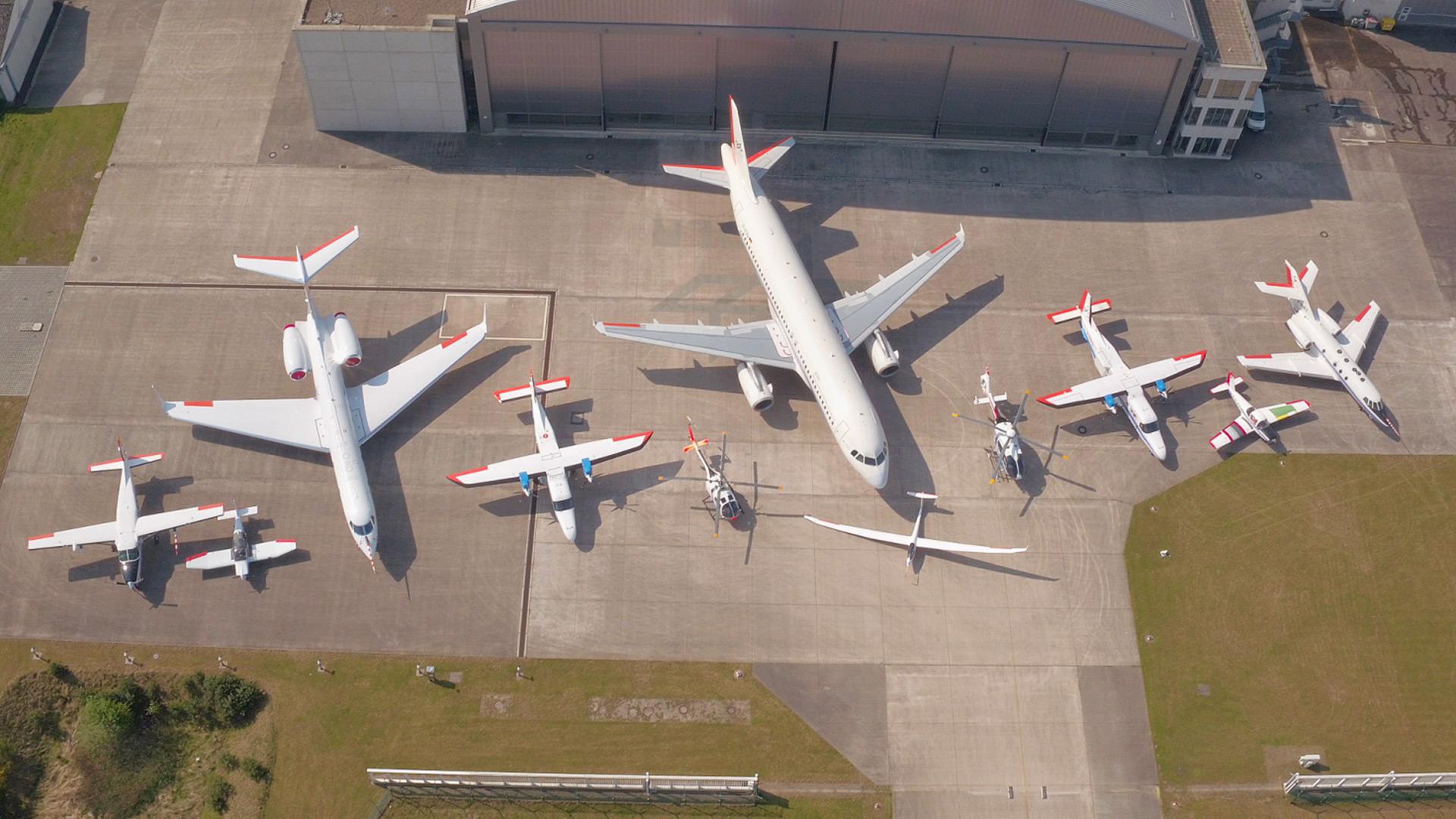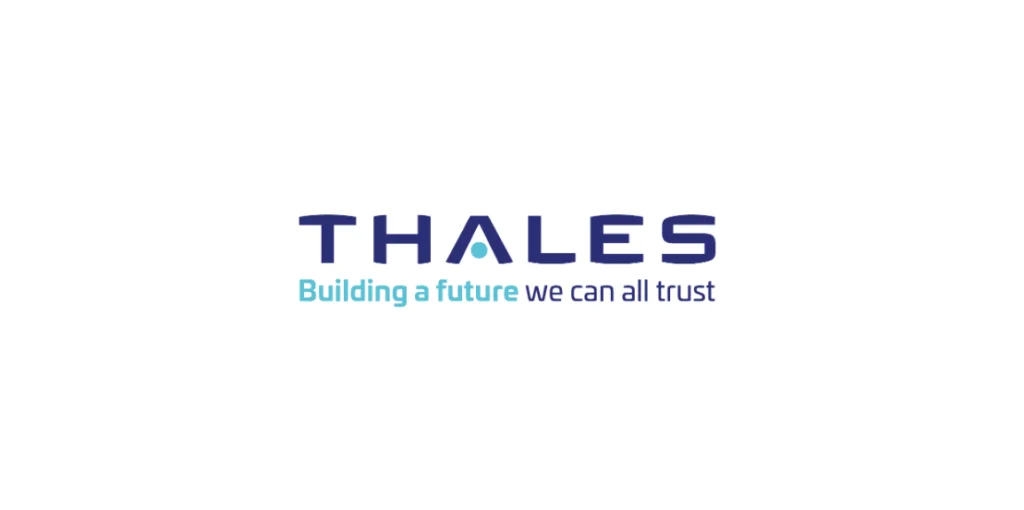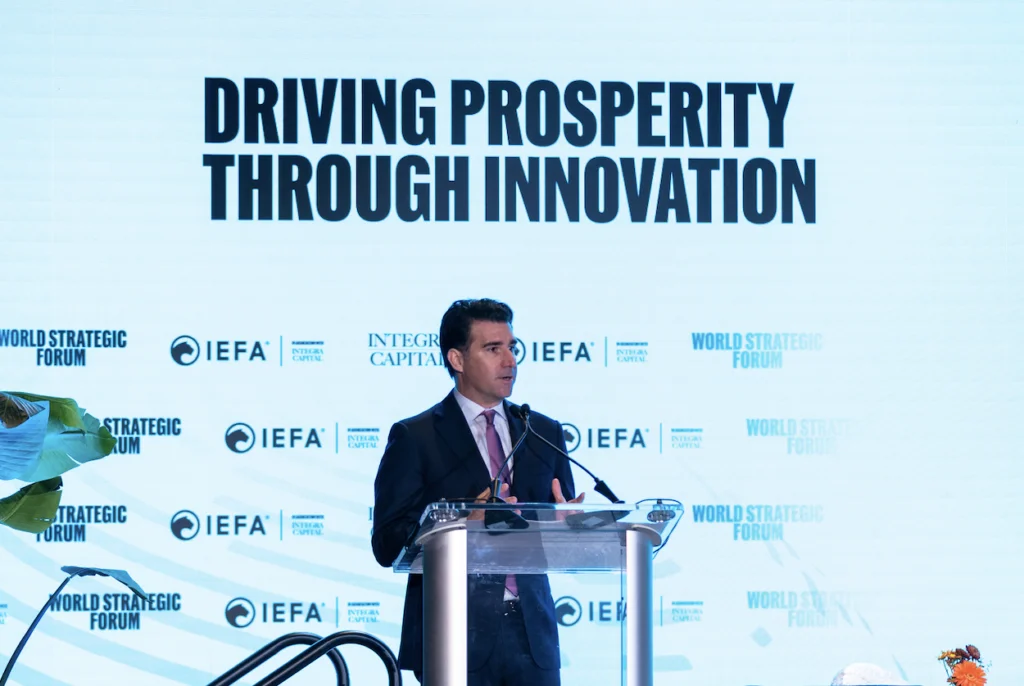
Cambridge Quantum Computing (CQC) has partnered with the German Aerospace Center (Deutsches Zentrum für Luftund Raumfahrt; DLR) to explore how quantum computing could help create better simulation models for battery development to aid future energy utilisation.
The collaboration will see DLR – the national aeronautics and space research centre of the Federal Republic of Germany – use CQC’s quantum algorithms for solving partial differential equation (PDE) systems to render a 1D simulation of a lithium-ion battery cell. This lays the groundwork for exploring multi-scale simulations of complete battery cells with quantum computers, which are considered a viable alternative for rendering full 3D models. A multi-scale approach incorporates information from different system levels (e.g. atomistic, molecular, and macroscopic) to make a simulation more manageable and realistic, potentially accelerating battery research and development for a variety of sustainable energy solutions.
Improving battery cells has an important role to play in mobile and portable application, such as smartphones, wearable electronic devices, and electric cars, as well as in decentralized solar storage and frequency stabilization of the energy grid. Battery research could also eventually reduce the industry’s reliance on lithium – the material used in commercial batteries.
DLR has previously used classical computer modelling to research a range of different battery types, including lithium ion and beyond-lithium technologies. This is one of the earliest works combining partial differential equation models for battery simulation and near-term quantum computing. Using CQC’s software development framework for execution on NISQ (Noisy Intermediate-Scale Quantum) computers, DLR will render its quantum simulations on an IBM Q quantum computer.
About DLR
DLR is the Federal Republic of Germany’s research centre for aeronautics and space. It uses the expertise of its 55 research institutes and facilities to develop solutions to global challenges, climate, mobility and technology. The DLR Institute of Engineering Thermodynamics performs research in the field of efficient energy storage systems that conserve natural resources and next generation energy conversion technologies with a staff of 180 scientific and technical employees, engineers and doctoral candidates. The spectrum of activities ranges from theoretical studies to laboratory work for fundamental research and to the operation of pilot plants. At the Helmholtz Institute Ulm (HIU) the department of Computational Electrochemistry is working on theory-based material, electrode, and cell design for batteries. Visit on DLR.de/TT or LinkedIn.
About Cambridge Quantum Computing
Founded in 2014 and backed by some of the world’s leading quantum computing companies, CQC is a global leader in quantum software and quantum algorithms, enabling clients to achieve the most out of rapidly evolving quantum computing hardware. CQC has offices in the UK, Germany, USA and Japan with a team of over 130 professionals. For more information, visit CQC at http://www.cambridgequantum.
If you found this article to be informative, you can explore more current quantum news here, exclusives, interviews, and podcasts.















